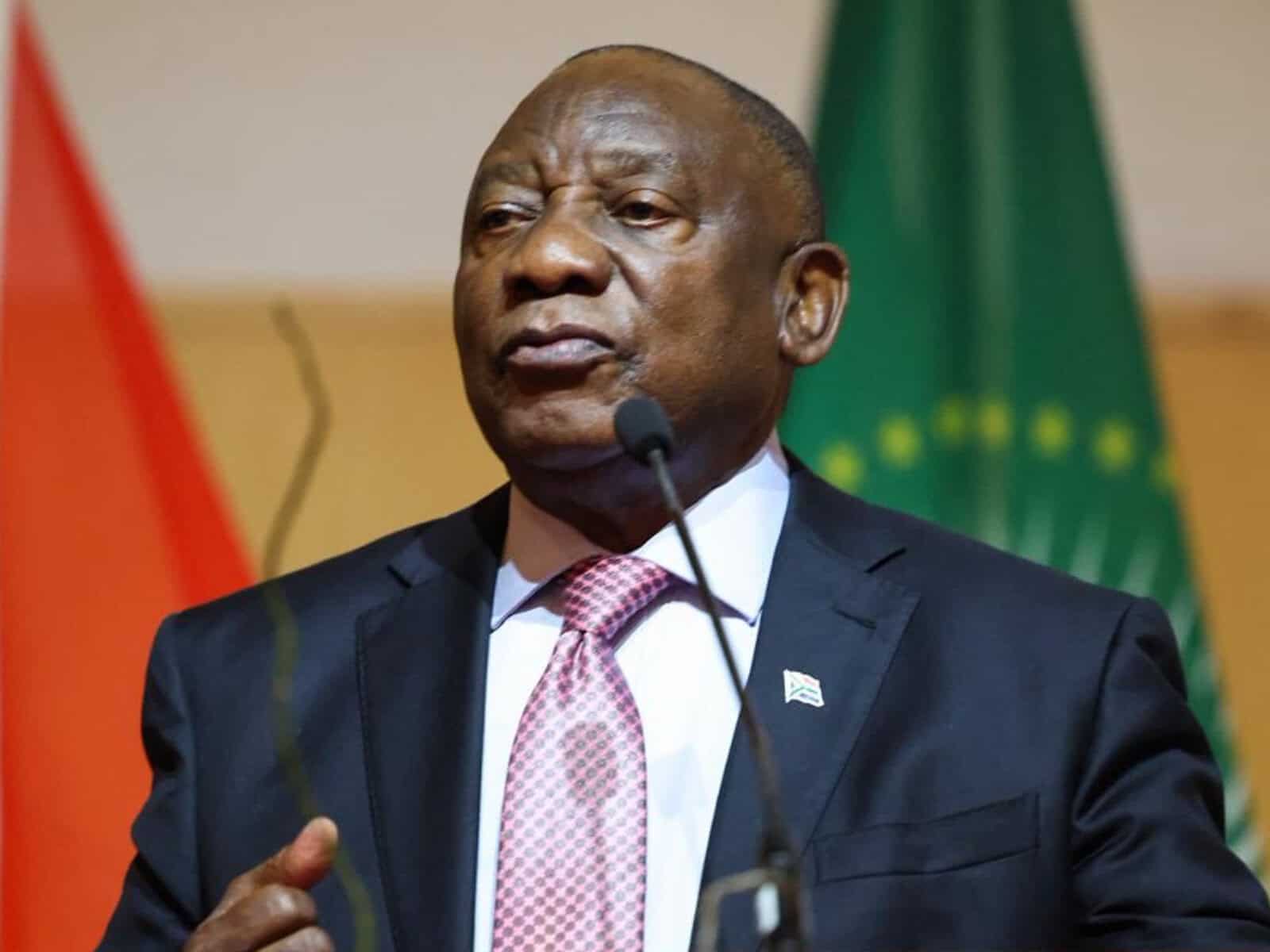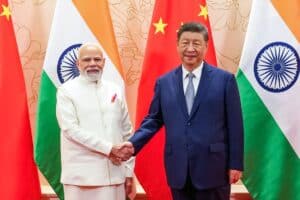President Ramaphosa called for regular reviews of the minimum wage and grants to keep pace with inflation to fight food insecurity.

In declaring food a universal right, President Cyril Ramaphosa has challenged supermarket chains to place humanity before profit.
Ramaphosa was speaking on Friday at the Seventh Social Justice Summit hosted by the University of Stellenbosch at the Cape Town International Convention Centre.
The theme of this year’s summit was the fight against food insecurity and how governments, academia, industry and civil society can play their role.
High food prices
Several food retail chains were among the partners of the summit, with Ramaphosa initially praising their superior logistics and supply chain management.
“These companies are very good distributors of our food, good retailers, almost second to none when you look at the architecture of food distribution on the African continent,” he said.
In the same week that the CEO of Shoprite Checkers’ R1.6 million monthly remuneration made headlines, Ramaphosa criticised supermarket pricing structure.
“They are making billions and billions in profits, and if we are talking about food prices, we want to call on them to look at the prices that they charge for food at the till.”
The president stated that while food retailers had programmes to alleviate food poverty and were part of initiatives such as the social justice summit, he wanted more to be done.
“We want to call on them to look at the high margins that they charge. They are the ones that drive the high food prices, and they are the ones that must join us in taking action to reduce food prices,” said Ramaphosa.
Musa Plan for Social Justice
The Social Justice Summit was first held in 2019 and is founded on the Musa Plan for Social Justice.
The Musa Plan describes itself as a ‘Marshall Plan’ that aligns with the National Development Plan 2023, African Union Agenda 2063 and the United Nations’ Sustainable Development Goals.
The Marshall Plan was a post-World War II economic recovery plan initiated by the United States to assist with the rebuilding of Europe.
Professor Thuli Madonsela has been an ever-present at the summit since its inaugural event and was one of the speakers on Friday.
Madonsela stated her belief that Gen Z would be the group to define the future, speaking at length about the youth of Nepal who overthrew their government and dissolved its parliament last month.
“It wasn’t just corruption that was a problem. At the core of that was what was wanted in a world of plenty,” said Madonsela.
The former protector said that food insecurity exacerbated climate change and posed a threat to global peace and societal stability.
“Peace is more than the absence of war. Gender-based violence is the absence of peace. Crime undermines human security, so it is the absence of peace,” said Madonsela.
“Hunger is not an accident of history; it is due to human action and inaction. It is not just a moral issue, it is a legal issue and a sustainability issue,” she added.
Food is a human right
Ramaphosa explained that social justice was an “equitable distribution of wealth, of opportunities, of privileges and resources”.
To achieve the goals outlined by the summit, the president emphasised the need to “expand the social welfare net” by increasing grants and finding innovative ways to address society’s challenges.
StatsSA’s food security report released in February showed that food insecurity had increased from 15.8% in 2019 to 19.7% by 2023.
“These interventions should include regularly reviewing the national minimum wage to match inflation [and] reviewing the indigent policies to ensure that communities have more money in their pockets to buy decent food.
“It’s important for us to embrace this principle, the principle of food being a human right — a human right that should never be diluted and a human right that is irrevocable,” Ramaphosa stated.
NOW READ: Has Soweto really improved in 10 years, Mr President? We asked residents
Support Local Journalism
Add The Citizen as a Preferred Source on Google and follow us on Google News to see more of our trusted reporting in Google News and Top Stories.








